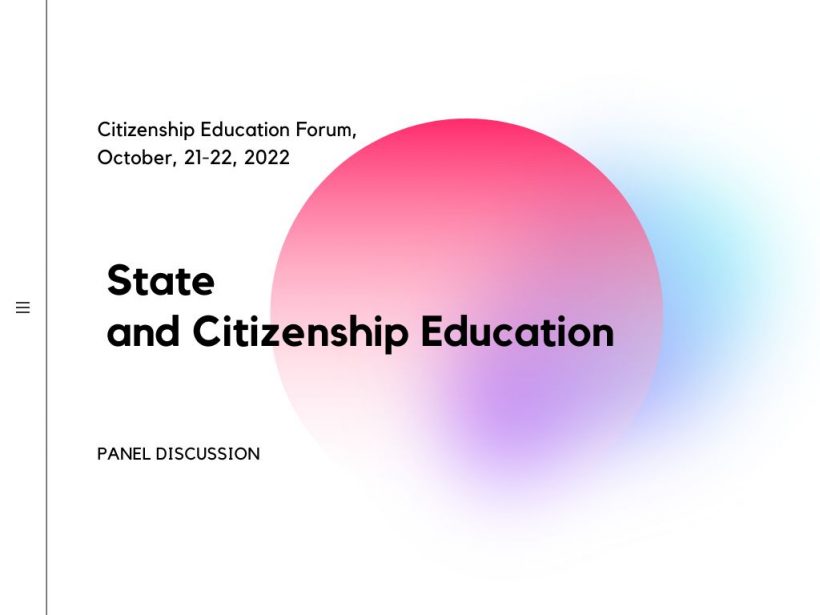State and Citizenship Education
The states of the EENCE region share common history of being part of the USSR and their own unique experience of overcoming the consequences of post-totalitarian consciousness or returning to authoritarianism and totalitarianism. One of the main goals of the state in the field of education is upbringing of a citizen and development of civic competencies. However, the vision of the “ideal” citizen and the model of civic competencies in the states of the EENCE region differ, sometimes radically.
During the discussion, the experts will try to reflect on the following issues:
– How civic education is interpreted by the state and what civic competencies does it seek to develop?
– What are the opportunities and barriers for cooperation between NGOs and the state in the field of civic education?
– How can NGOs develop civic education in the face of state hostility?
– Could civic educators have done something else or something different in an unfavorable political situation to prevent crises and war?
Moderator:
Siarhei Salei (Belarus)
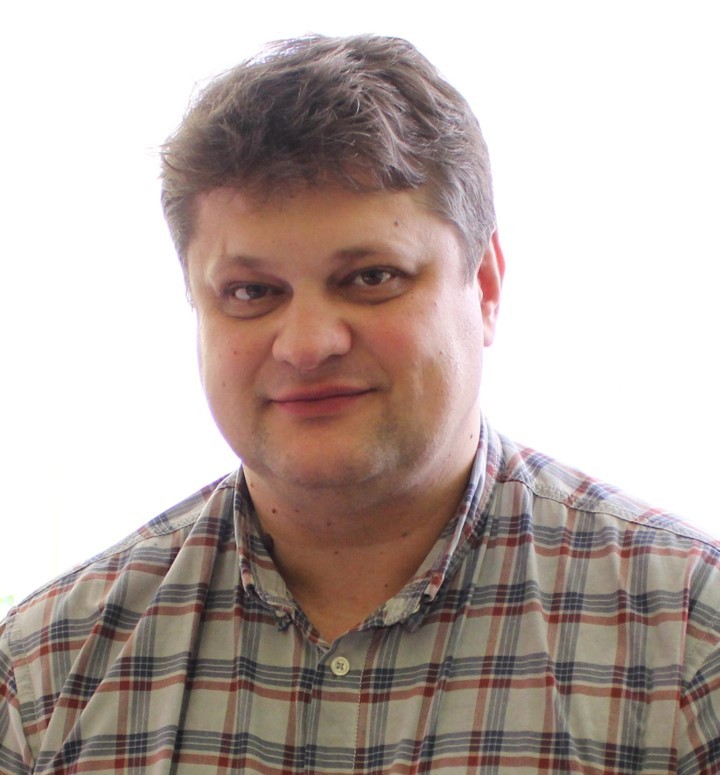
EENCE WG “History and Human Rights” coordinator.
Experts:
Oleg Smirnov (Ukraine)
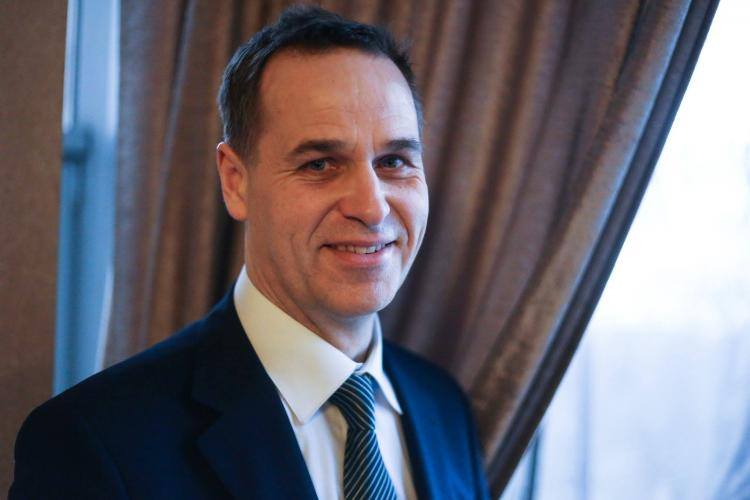
Country Director of the DVV International office in Ukraine since 2015, is engaged in developing legal provision for lifelong learning and adult education in Ukraine and promoting adult education as a human right, building strong local civil society organizations for demand-oriented educational programmes focused on vulnerable groups. As a Board member of the European Association for the Education of Adults Oleg promotes the interests of the EAEA members from non-EU countries, involving them in a more active dialogue, exchange of experience, popularizing success stories and making them visible to all EAEA regions. Since 2002 he has worked on innovative civic, intercultural and peace education methods in national education policy through training adult educators.
Levan Kvatchadze (Moldova)
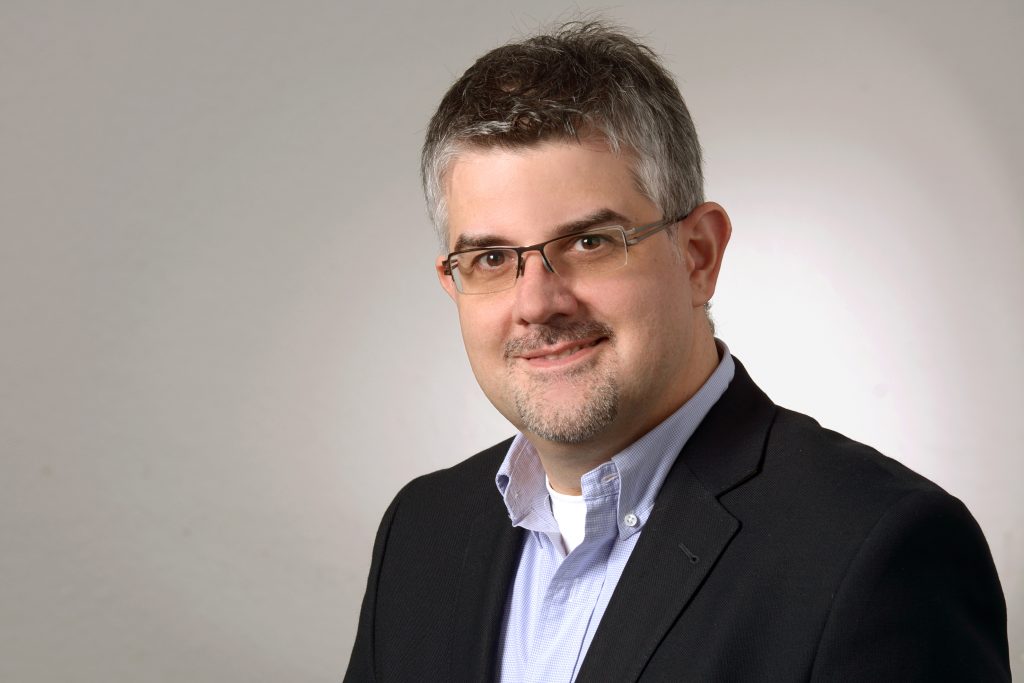
Levan has an experience of ca. 20 years in education sector. He holds master’s degree in “Central Asia & Caucasus Studies” from Humboldt-University in Berlin. With DVV International he has been working since 2004 (duty stations: Bonn, Chisinau, Kyiv, Tashkent, Tbilisi). Currently as the regional director for the “Eastern Neighbours” region at DVV International Levan oversees the project work in Republic of Moldova, Ukraine, and regional cooperation project. During his career in development cooperation sector, he used to be team leader of numerous EU-projects dealing with adult education, lifelong learning, vocational training, etc. and acted as international expert and policy adviser in many countries in Eastern Europe, South Caucasus, and Central Asia.
Dmitry Dubrovskiy (Austria/Russia)
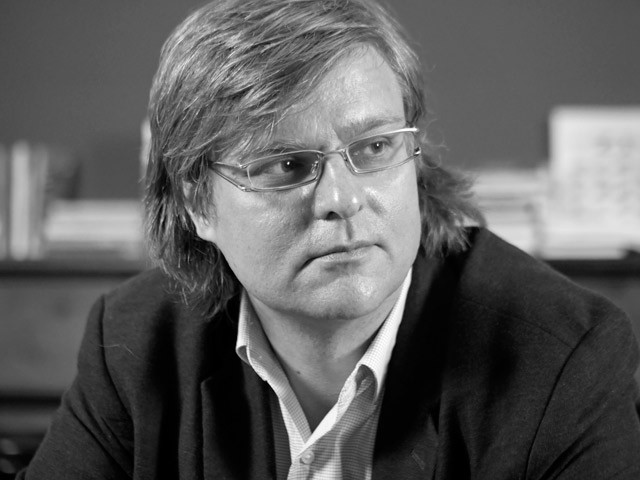
Non-residential fellow, Global Observatory on Academic Freedom, CEU (Austria), and Research Fellow at the Center for Independent Social Research, St. Petersburg, Russia. Dubrovskiy was the founder and lecturer of the Human rights program, Smolny College of Liberal Arts and Science, St. Petersburg State University. He was visiting lecturer in Bard College (New York), Witwatersrand University (Johannesburg), and adjunct assistant professor Harriman Institute, Columbia University. Till March 2022 – Associate Professor, Higher School of Economics (Moscow). His teaching experience includes courses on Human rights in post-Soviet space, nationalism and minority rights, academic rights and freedoms.
Vladimir Yanchuk (Belarus)
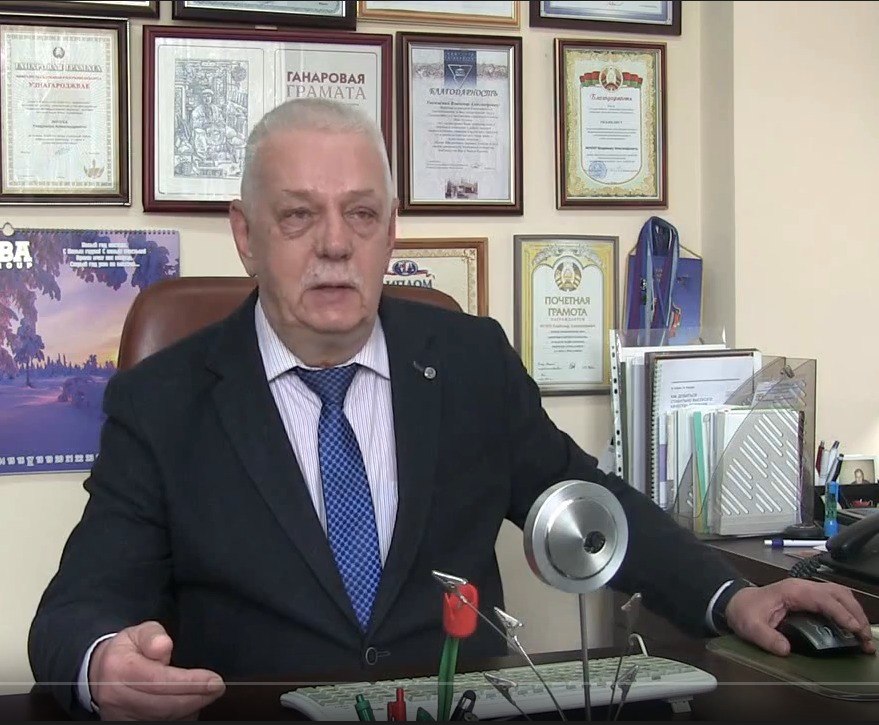
Doctor of Psychology, Professor. Member of leading international psychological associations. Expert on the formation of civil society, individual and public consciousness, violence prevention, intercultural interaction and a wide range of socio-psychological problems.
Working languages: English and Russian
When: October, 21 (12.00 – 13.30)
Read about other discussions:
Citizenship Education in a World of Fakes, Disinformation and Propaganda
Citizenship education in times of war: what civic education educators can/should do
Inclusive Civic Education: How to Make a Fairytale Come True?
Motivation, Risks and Support for Citizenship Educators and Target Groups

